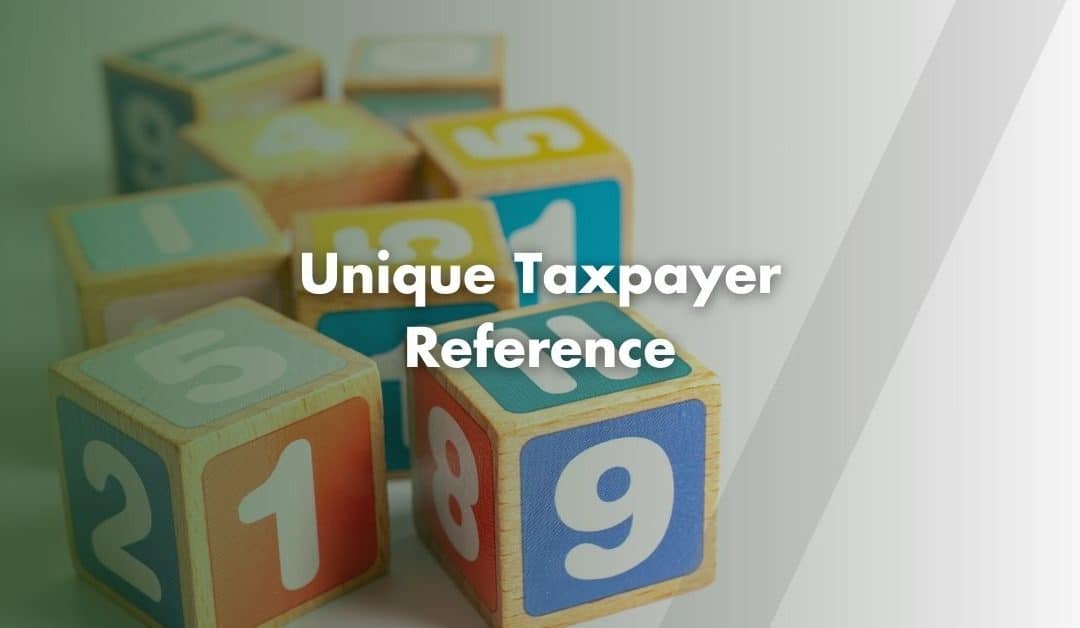If you are self-employed, run a business or receive income is not taxed through an employer’s payroll, you have likely come across the term “Unique Taxpayer Reference” or UTR number.
While it might sound technical, understanding what a UTR number is, and why it matters, is actually quite simple.
What is a UTR Number?
A UTR, or Unique Taxpayer Reference, is a 10-digit number issued by HMRC. Sometimes it ends with the letter “K”. Once they assign it to you, this number stays with you for life, just like your National Insurance number.
HMRC uses your UTR to keep track of your tax records. Therefore, anytime you need to file a tax return, speak to HMRC or make tax-related payments, you will require your UTR. Think of it as your personal tax ID.
Who Needs a UTR Number?
Not everyone needs a UTR number. You will only need one if HMRC requires you to file a Self Assessment tax return. This also applies to people who earn untaxed income. Here are some examples:
- You are self-employed or a sole trader
- You have set up a limited company
- Your income exceeds £100,000 per year
- You receive rental income
- You earn money from dividends or Capital Gains
- You are a company director with income outside PAYE
- You have taxable overseas income
- You are a trustee of a trust or pension scheme
In short, if your income is not taxed at source, you will need a UTR.
How Do You Get a UTR Number?
Unlike a National Insurance number, HMRC does not issue you a UTR automatically. You must register for Self Assessment with HMRC. Once you register, HMRC will post your UTR number to your address. Here are the main ways to register:
1. Register Online
Visit the HMRC website to complete the Self Assessment registration. Once HMRC process your information, they will send your UTR by post within 10 working days (or 21 days if you are abroad).
2. Apply by Phone
Call HMRC on 0300 200 3310. Be prepared to give your full name, date of birth, address and National Insurance number. They may still advise you to register online.
3. Apply by Post
You can write to HMRC to request a UTR, though this method takes longer due to postal delays and potential back-and-forth communication. When applying, you will need to provide:
- Full name
- Date of birth
- Home address
- National Insurance number
- Phone number and email address
- Business details if self-employed (start date, type of business, business address and contact details)
How Long Does It Take to Receive a UTR?
Once registered, HMRC will send your UTR number in the post:
- 10 working days if you are in the UK
- 21 working days if you are abroad
Where Can You Find Your UTR Number?
Your UTR number appears on various HMRC documents. Common places to find it include:
- Your SA250 “Welcome to Self Assessment” letter
- Past tax returns
- HMRC payment reminders or notices
- Your personal tax account online
- The HMRC mobile app
You should keep your UTR somewhere safe and easy to access, as you will need it every time you deal with HMRC.
What Should You Do If You Lose Your UTR Number?
If you have misplaced your UTR number, don’t panic.
First, check your HMRC online account or use the HMRC app. You can also search your email inbox for messages from HMRC, which often contain your UTR.
Still can’t find it?
Call the Self Assessment helpline. Although HMRC cannot give you your UTR over the phone, they will post it to you. Allow up to 10 to 15 days for delivery. You should also give yourself enough time before your tax deadline to avoid any penalties.
UTR Numbers for Companies and Partnerships
UTR numbers are not just for individuals. Businesses also receive UTRs from HMRC. Here’s who it works:
- Limited Companies get a UTR when they register with Companies House and they must use it for filing Corporation Tax returns
- Partnerships receive a UTR for the partnership itself and each partner also receives their own personal UTR
- Company Directors who earn income beyond PAYE must register for Self Assessment and will need a personal UTR
Contact Us
We are not just accountants; we are Chartered Accountants with one of the most reputable and premium accounting bodies. We are registered and regulated by ACCA; so you can rest assured that you are in good hands. Knowing this, don’t hesitate to get in touch with us if you require assistance: Pi Accountancy | Contact Us
This article is for general informational purposes only and does not constitute legal or financial advice. While we aim to keep our content up to date and accurate, UK tax laws and regulations are subject to change. Please speak to an accountant or tax professional for advice tailored to your individual circumstances. Pi Accountancy accepts no responsibility for any issues arising from reliance on the information provided.

